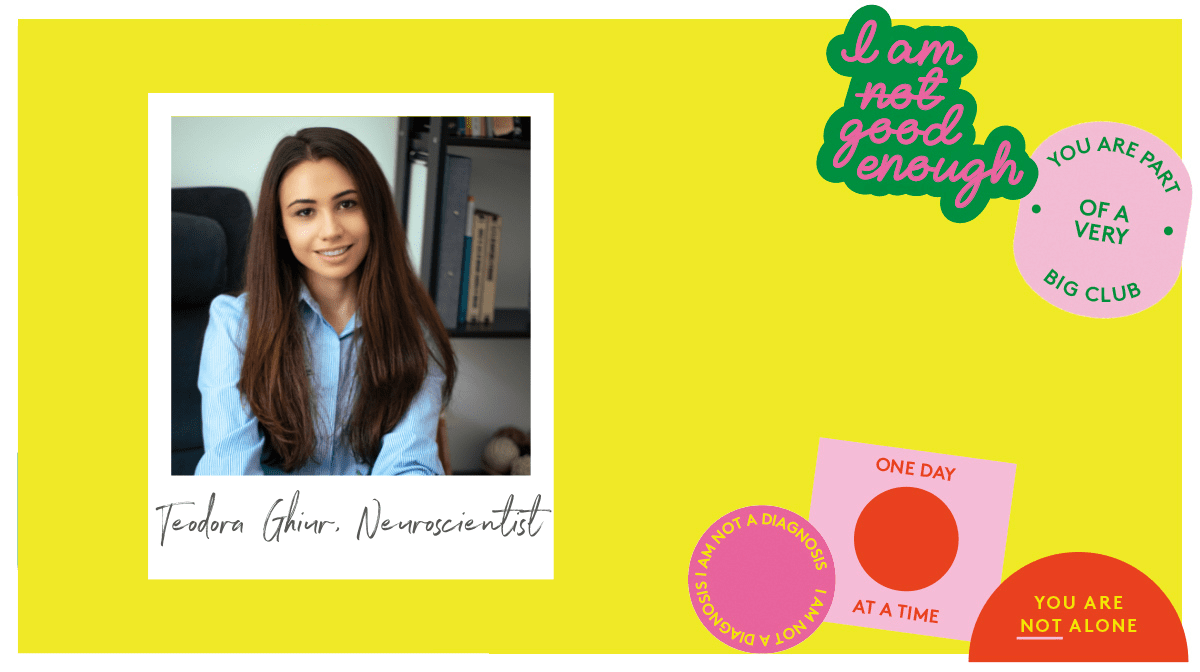
January can often feel like the longest month of the year. It’s dark, cold, and the festive decorations have long been packed away. For some people, this change in seasons can lead to persistent feelings of low mood, known as seasonal affective disorder (SAD.) This mood disorder is different to the typical ‘winter blues’, and can often continue for longer periods of time. Here's everything you need to know about the symptoms and treatment of SAD.
What Are The Symptoms?
As with depression, symptoms can range in severity. The most common is mood (sadness) and a loss of interest or pleasure in usually enjoyable activities.
Other symptoms people may experience include changes in appetite, sleep, and energy levels. Negative thinking styles may become more prominent, as is reduced concentration.
Why Does This Happen?
The mechanism behind SAD is not entirely clear, but the likelihood is that these mood changes are related to shorter daylight hours. The lack of daylight disrupts the natural 24 hr rhythm of the body (circadian rhythm) which can lead to chemical abnormalities in the brain. Subsequent symptoms of SAD then occur. Colder countries such as the UK often have higher rates of SAD than warmer countries.
Treatment Options for SAD
Symptoms usually improve once spring rolls around. However, there are ways to ‘hack’ the circadian rhythm and help to rebalance those brain chemicals.
Increase light exposure - The hormone melatonin contributes to feelings of sleepiness, but morning light exposure can help you feel more awake. Opening the curtains when you wake up helps provide light cues that tell your body to stop producing melatonin. Alarm clocks that use light instead of sound to stimulate wakefulness can help trick your brain into thinking it’s daylight, which also helps to reset the circadian rhythm.
Move your body - Exercise can help to increase levels of 'happy hormone' serotonin. Getting outdoors to exercise has been shown to have even greater positive effects due to the calming effect of nature. Even something as simple as going for a walk at lunchtime can provide a serotonin boost, as well as exposing you to some much-needed natural sunlight. Try a morning workout for an early morning lift of endorphins. Research suggests this may be more helpful in managing SAD symptoms compared to evening exercising.
Maintain healthy eating habits - When feeling low it’s easy to reach for comfort food. However, making sure you are eating a healthy and balanced diet can help to maintain energy levels when suffering with SAD. Food high in omegas may help to improve the cognitive symptoms associated with seasonal depression. Healthy fats can be used to help balance your blood sugar and avoid energy crashes that can be exacerbated by SAD. Foods like salmon, avocadoes, nuts and seeds are great sources of healthy fats and omegas.
Talk about it - Knowing that you are not alone can be helpful. If you don’t feel comfortable talking to those around you, peer groups are a great way to explore how you are feeling. Hearing other experiences and how they are managing things could provide helpful ideas to implement into your own routine. Various mental health charities have online resources and contact details, so don’t be afraid to reach out.
These simple tips are quick and easy to implement into your daily routine. Rather than a complete overhaul, it may be worth trying to add in one healthy habit at a time and building on this over the winter months. By the end of winter, you may have developed a whole new healthy lifestyle! It is important however to note that some people may need further help to manage their SAD; if any symptoms are having a significant impact on your life you may need to contact your GP for further advice.
https://www.psychiatry.org/patients-families/depression/seasonal-affective-disorder
https://www.nhs.uk/mental-health/conditions/seasonal-affective-disorder-sad/overview/
https://www.mind.org.uk/information-support/types-of-mental-health-problems/seasonal-affective-disorder-sad/self-care/









